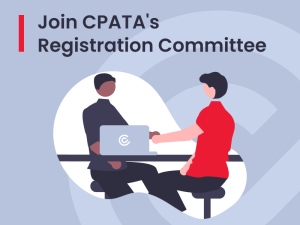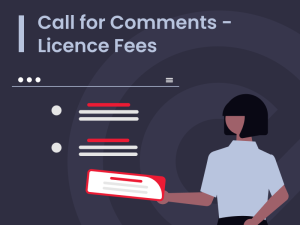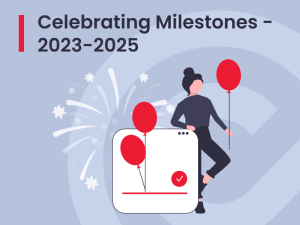Why is CPATA increasing annual licence fees for 2024?
The Canadian government established CPATA as an independent regulator to protect the public.
After almost two years of regulation, CPATA is moving from start-up to becoming a fully operational regulator and is incurring the expected additional costs this entails. CPATA forecasts that it will require increased revenues to support core regulatory functions including additional costs related to complaints and discipline, competence initiatives, Code of Conduct education and technological infrastructure.
What will the annual licence fees be starting in 2024?
| Annual Licence Fee | Current fee | 2024 fee |
| Class 1 active patent agent OR
Class 1 active trademark agent |
$1,000 | $1,800 |
| Class 1 active patent AND trademark agent (dual licence)
|
$1,500 | $2,700 |
| *NEW CONDITIONS* Class 2 restricted patent agent OR
trademark agent
|
$100 | $1,500 |
| *NEW CONDITIONS* Class 2 restricted patent AND trademark agent (dual licence)
|
$200 | $2,250 |
| Class 3 agent-in-training, first and second years
|
$150 | $150 |
| Class 3 agent-in-training, third and subsequent years
|
$200 | $200 |
| *NEW* Class 4 inactive patent agent OR
trademark agent |
$100 | |
| Foreign Practitioner – maintain name in the Register for one year | $100 | $180 |
A cost-of-living increase may be performed on an annual basis to benchmark licence fees to inflation.
*CPATA’s new By-laws include the creation of a new Class 4 inactive licence, and updates to the conditions of Class 2 restricted licence.
How did CPATA establish the new fee amounts?
We considered budget needs to regulate in the public interest in a manner that would be fiscally responsible and sustainable. From this analysis it became clear that increasing annual licence fees was necessary. The new fee amounts were set to ensure that CPATA would be able to continue to regulate in the public interest.
What alternatives did CPATA explore before deciding to increase licensing fees?
Regulators generally have few means of increasing revenues. CPATA explored a range of options, including the possibility of fees on individual patent or trademark applications. Ultimately the only viable option available was to increase fees.
How does CPATA operate to reduce unnecessary expenses?
CPATA is a lean, agile organization. We operate virtually, and do not have any overhead related to maintaining a physical location. Unlike most other regulators, only 6 staff are employed by the College. We have a part-time Manager of Professional Responsibility and a fractional CFO to leverage expertise and back end supports that would be more expensive to operate in-house at this time. We hire external support on an as-needed basis.
CPATA made these key operational decisions early-on, to be able to allocate most of our financial resources to key regulatory initiatives that were likely to have a significant benefit to the public, such as creating Canada’s registry of patent agents and trademark agents, establishing patent agent and trademark agent competencies and building out a professional responsibility framework.
What has been accomplished to date and why is additional funding needed?
In our first years of operation, operating on a shoe-string budget with only 6 staff, we:
- migrated licensee information from CIPO into a cloud-based database
- developed a baseline regulatory framework through best-in-class policies and procedures
- created fair, transparent, objective, impartial and efficient registration, education and professional responsibility processes
- administered qualifying examinations and processed hundreds of applications for registration and changing class
- started the competency initiative to modernize and standardize trademark agent and patent agent competencies; and
- created a digital-first infrastructure for communicating information to licensees and the public
Our current budget does not account for crucial regulatory initiatives such as:
- sensitizing the profession to its Code of Conduct;
- consulting and drafting costs to amend the Code of Conduct;
- developing CPATA’s approach to continuing professional development requirements for licensed patent and trademark agents;
- introducing an annual licensee report to continue to collect vital data around the profession and enhance right-touch regulatory efforts;
- developing education offerings regarding patent and trademark agent professional foundations (ex: Code of Conduct, ethics, EDI etc.);
- building other regulatory initiatives as may be necessary;
- building an engagement initiative to align with Canada’s innovation strategies; or
- engaging in evaluation efforts to continuously improve.
Questions
Please contact our CEO and Registrar, Juda Strawczynski at ceo-dir@cpata-cabamc.ca.






